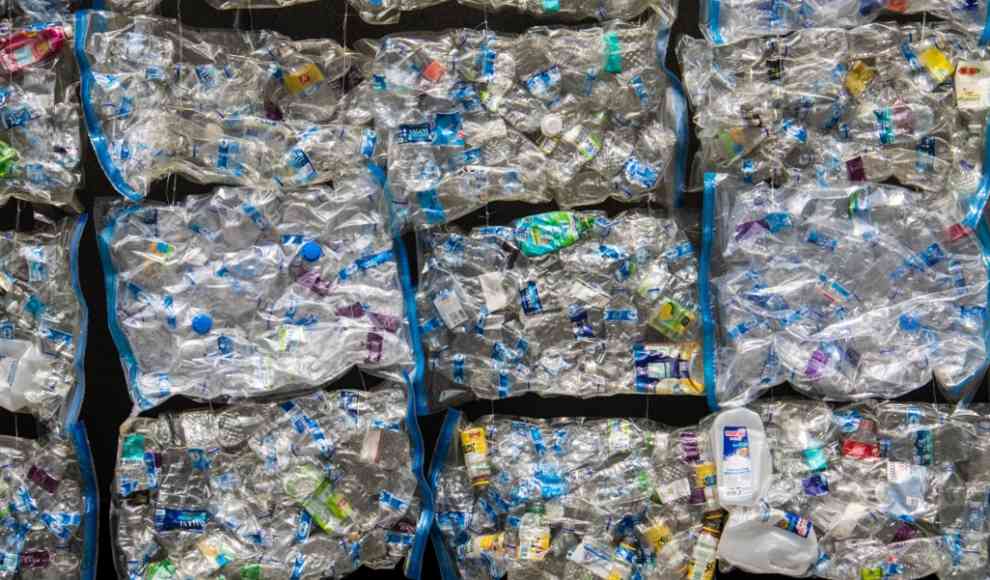A new process has been developed by scientists at Washington State University that can turn plastic waste into airplane fuel in just one hour. The recycling rate for plastic waste in Germany is only 16%, and in many other countries, plastic is either thermally processed or ends up in the environment. This is mainly due to the lack of chemical processes that can recycle mixed plastics. The new process developed by the scientists at Washington State University can turn plastic waste into airplane fuel, specifically Kerosene. The team has been experimenting with carbon catalysts for several years, which can chemically break down plastics such as polyethylene into shorter hydrocarbon chains. However, the process required high temperatures and a long reaction time. The optimized process only requires one hour at a relatively mild temperature of 220 degrees Celsius to break down polyethylene into chains of eight to 16 carbon atoms, which are typical lengths for lubricants and kerosene.
The process is made possible by a solvent, the addition of hydrogen gas, and a special catalyst made of ruthenium nanoparticles. The ruthenium catalyst is known for breaking the C-C bond. The polyethylene is first dissolved in the organic solvent n-Hexane, and then the solution is heated in the catalyst, followed by the introduction of hydrogen gas under 30 bar pressure. Within the first hour, the polymer chains of the plastic are efficiently broken down, resulting in 90% liquid hydrocarbon chains that can be used as fuel. The method could be used in the future for recycling plastic waste on an industrial scale, producing other fuels, lubricants, and raw materials for the chemical industry. The biggest advantage of this process is the relatively low temperature and fast reaction time, which reduces costs and effort. This breakthrough could pave the way for the commercialization of this new technology in the recycling industry.










